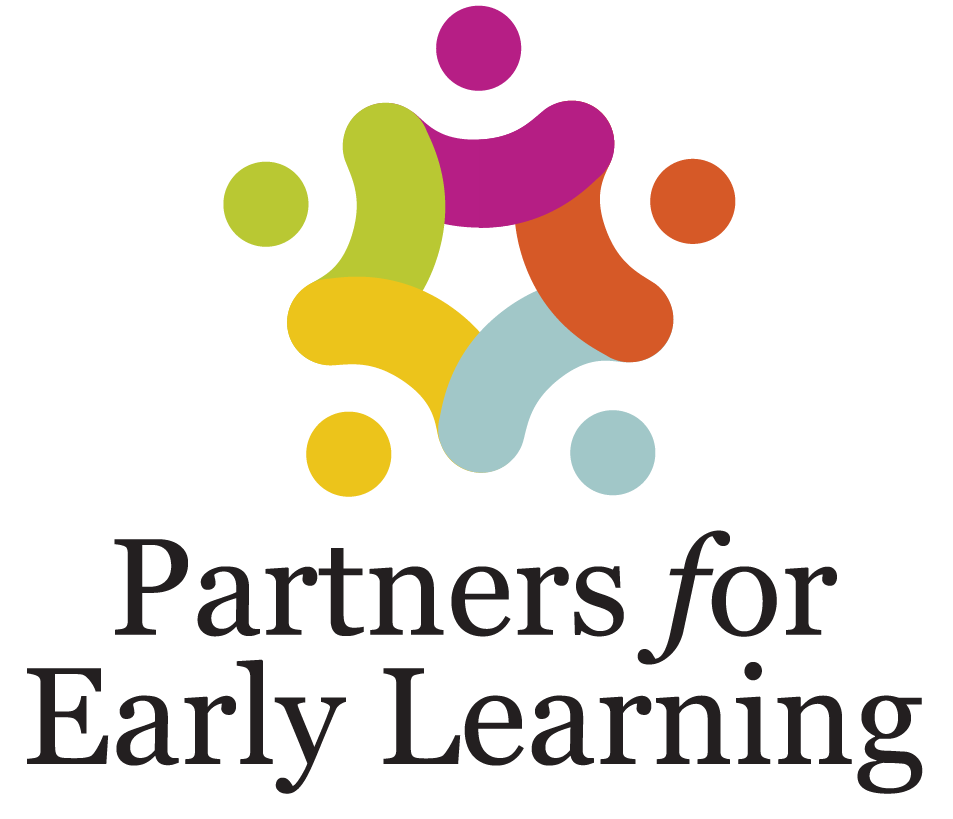Communication
Communication Milestones For 0-6 Months
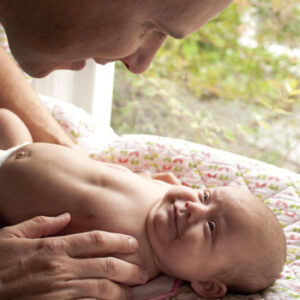
Language and Communication: Overview (0-6 Months)
People are born to talk to each other, and nowhere is this more apparent than in a developing child. Babies
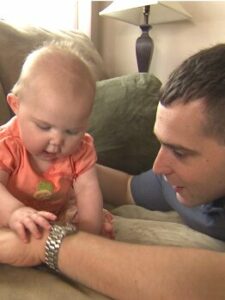
Getting In Tune with Baby
How do I know what my baby wants? Everyone knows that babies cry when they are upset. They smile when
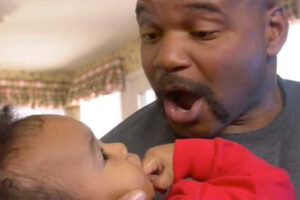
Parentese: Why It’s Never Too Early to Start a Conversation (0-6 Months)
Researchers call the special way we talk to babies “motherese” or “parentese.” This sing-song speech, often accompanied by exaggerated facial
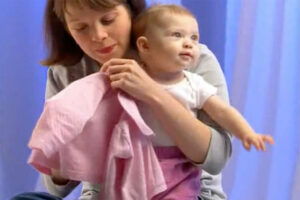
Talking to Baby (0-12 Months)
How do you talk to your baby? Would you say, “hellooooo, sweeeeetie! How’s my baaabeee? Such a pretty baaabeee.” Does
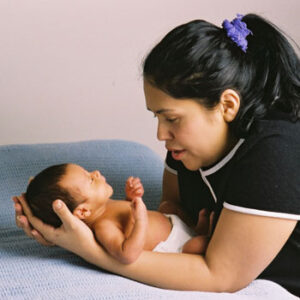
Prefers Sounds of Familiar Language to Those of Other Languages (0-3 Months)
At birth, infants can respond to human voices. They are also capable of distinguishing between the sounds of different languages,

Can Discriminate between Syllables within Words (0-4 Months)
Within the first few days after birth, infants are sensitive to the stress patterns or rhythms of the words they
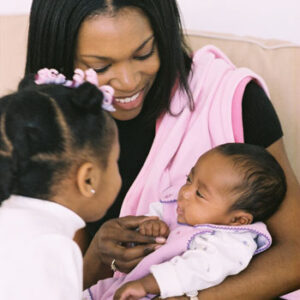
Can Discriminate Mother’s Voice from Other Women’s Voices and Prefers Her Voice to Other Women’s Voices (0-4 Months)
At birth, infants can respond to human voices. They are also capable of distinguishing among the voices of different people,

Capable of Spontaneous “Ooh” Sound (0-4 Months)
In their first months, infants start making sounds other than crying. Cooing sounds often occur when a baby is quiet,

Heavy Reliance on Communication through Crying, which Can Occur for Several Hours a Day (0-4 Months)
For the first several months, crying is an infant’s most common form of vocalization. Some cries may sound different from
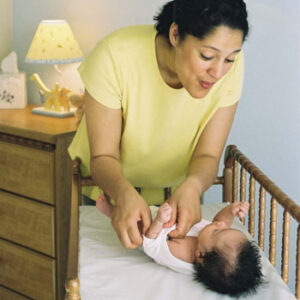
Pays More Attention to Human Voices than to Other Sounds (0-4 Months)
At birth, infants show the ability to respond to human voices and speech. In one experiment, infants only a few

Smiles at the Sound of a Familiar Voice (0-4 Months)
Babies prefer human voices to other sounds and are especially drawn to the voices of their caregivers. After 1 month,

Talking with Infants (0-9 Months)
Infants start communicating right from birth. Crying, smiling, vocalizations, looking at your face, and looking away are all ways your

Babbling Commences (1-3 Months)
Many infants begin babbling routinely at around 4 months, often entertaining themselves for long periods by producing new sounds (for
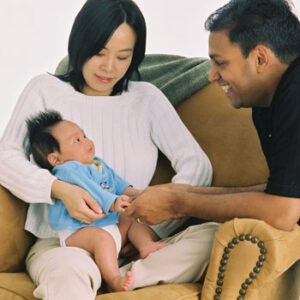
Attempts to Imitate Some Sounds (1-4 Months)
After 2 months, some infants begin repeating a few of the exaggerated vowel sounds they hear when their caregivers speak

Coos Back and Forth with Caregiver (1-4 Months)
In their first months, most babies begin to make cooing sounds. Some believe infants at this age begin to participate
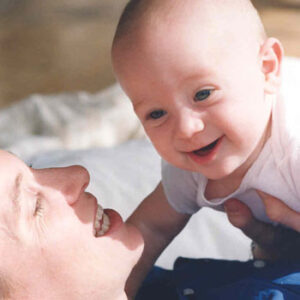
Begins Grouping Language Sounds into Specific Categories (1-6 Months)
Long before babies begin to learn specific words, they engage in an important sound-sorting process that enables them to distinguish
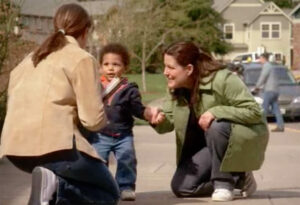
Careful, Frank: Communicating through Emotional Expressions (2-24 Months)
As adults, we do this all the time to obtain feedback from the world around us, but it’s fascinating to
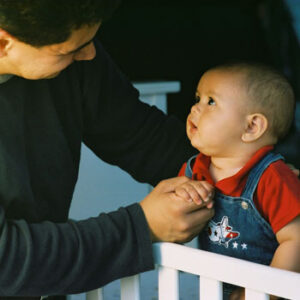
Begins Lip Reading (2-8 Months)
When infants are spoken to, they will often pay special attention to a person’s lip movements. Even at 10 to
